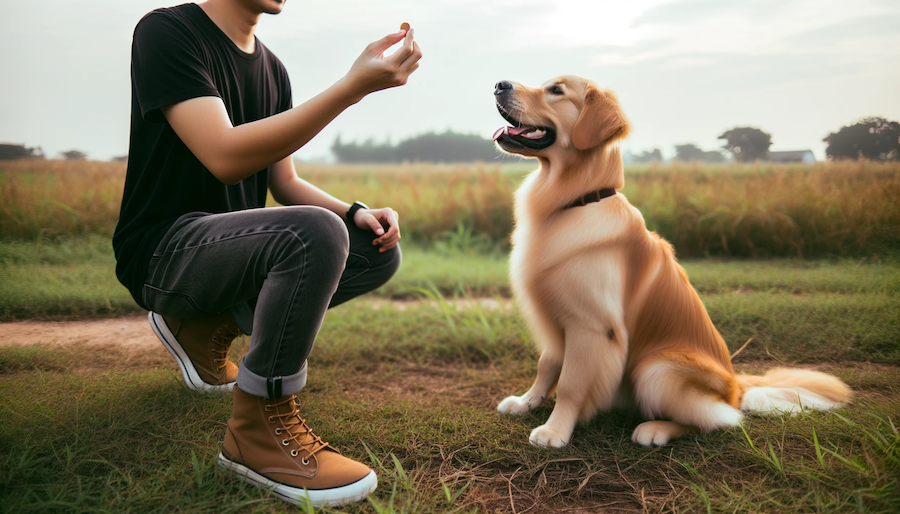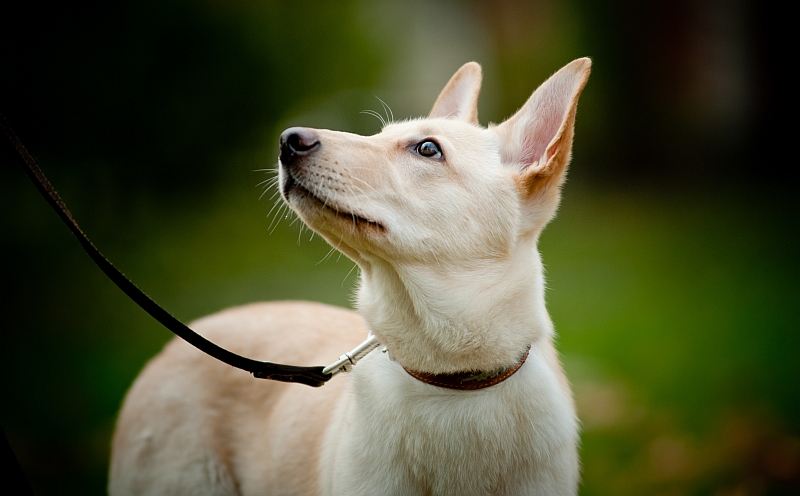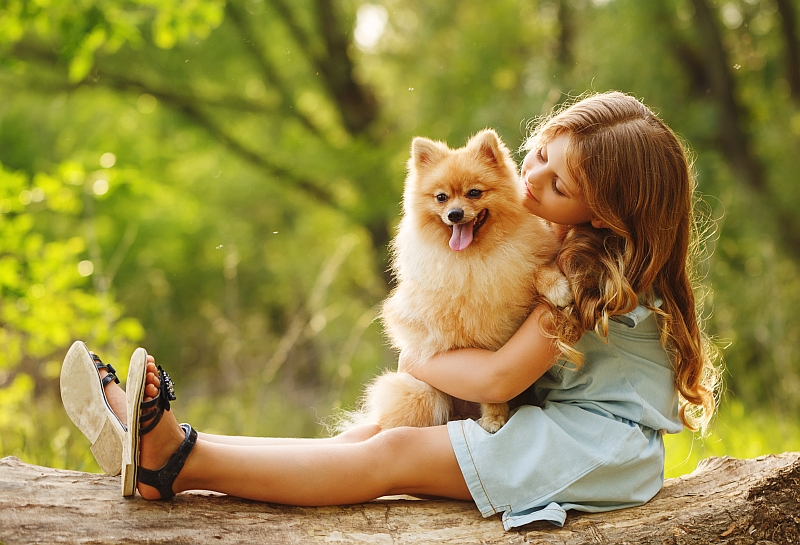Category: Training & Behavior
-

Choosing the Right Techniques for Your Dog’s Unique Personality
Just as humans learn and interact with the world differently, dogs, too, have their distinct personalities and learning styles. Any dog owner who has embarked on the training journey knows it’s not always a ‘one-size-fits-all’ approach that works. Recognizing and understanding your furry companion’s individual personality is crucial in selecting the most effective training methods.…
-

Understanding Cat Body Language: What Your Feline Friend is Trying to Tell You
Cats, with their mysterious allure, independent personalities, and quirky behaviors, often leave their human companions scratching their heads. While they might not “talk” in the conventional human sense, cats are masters at communicating their feelings, needs, and desires through their body language. If you’ve ever wondered what your feline friend is trying to convey, this…
-

Understanding the Benefits of Enrichment Activities for Pets
Pet owners across the globe have something in common — an undying love for their furry, feathered, or scaled companions. This shared adoration comes with a responsibility to provide the best possible life for our pets, ensuring their physical and mental well-being. A popular topic among pet enthusiasts these days is the importance of enrichment…
-

7 Basic Commands Every Dog Needs to Know
Dog ownership is a big responsibility. It can be fun and full of joy and excitement; however, making sure that your dog knows several important commands can make the entire experience more enjoyable and safe. It is not necessary for your dog to know a bunch of tricks to be happy and manageable, but rather…
-

How to Tell if Your Dog Respects You?
Having the respect of your dog, and being its pack leader is the most important thing in helping establish a healthy relationship between you and your pooch, and make the relationship as enjoyable and easy as possible. People often talk about how unconditionally their dog loves them; however, no matter how much love your dog…
-

Teach Your Dog to Respect Strangers
The process of socialization, which helps your dog behave properly around strangers, ideally begins during the first few weeks of life. A puppy should be introduced to as many people as possible during the first few weeks of her life. Of course, each of those experiences should be a positive one that instills a level…
-

Aggression in Cats
Aggression in a household pet can be a big problem and even pose a risk to all or some members of the household. So, it is important to be able to recognize signs of aggression, eliminate the causes thereof, and to train away the aggressive behavior. Because cats are small, signs of aggression in cats…
-

Signs of Aggression in Dogs
Even the most mellow of dogs can at times become aggressive due to a stressful situation or to protect her pack or family. It is important for dog owners and the general public to be able to tell when a dog is showing signs of aggression, and if the likelihood of an attack is heightened…
-

Aggression Triggers in Dogs
Every animal, including humans, can become aggressive when they are put in certain situations, and dogs are no different. If a dog feels annoyed, upset, or scared, it can get aggressive as a means of protecting itself, its territory, or its family (e.g. her puppies or human family members). As natural as justified aggressive behavior…
-

Why Do Dogs Roll in Grass?
Dogs can be goofy, and their goofy behavior can cause their human pals to ask questions about their behavior, and wonder whether it is normal or a sign of something. Rolling in grass is one such oddity that makes dog owners ask what their dog is up to. As with most questions about animal (and…
